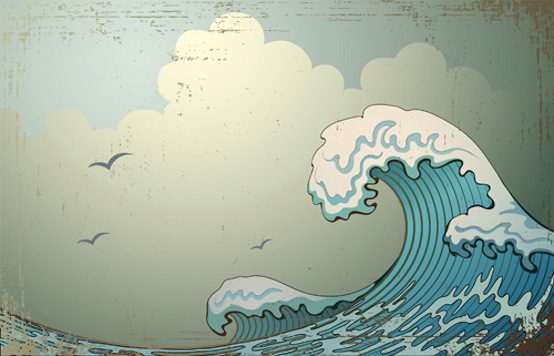Republicans Ride an Empty Wave

Last night was a big win for Republicans. And I have nothing much to add to the already enormous literature documenting just what a romp it was (see Michael Brendan Dougherty’s after-action report in The Week). Most of the outcomes were consistent with predictions. But it was surprising how far Republicans outperformed the polls in accumulating large margins of victory.
Even so, Republicans should resist the temptation to conclude that the results give them an enduring advantage at the national level. This was a “wave election” only in the sense that American politics have been stormy for the last decade. I have to run off to teach, so I’ll make my case by means of a listicle. Here are six reasons for caution:
- The president’s party usually loses seats in midterm elections.
- Obama’s approval, while low, is higher than Bush’s at the same point in his presidency.
- We’ve seen this movie before. Remember the “permanent majority” of 2004? How about the “thumping” of 2006? Then there was the “new majority” of 2008. Of course, that was followed by the “Tea Party wave” of 2010. Which didn’t stop Obama from becoming the first president since Eisenhower to win a majority of the vote for a second time in 2012.
- The midterm electorate skews older, whiter, and richer than in presidential years. These are Republican demographics, so Republicans tend to do better. The 2016 electorate, on the other hand, will probably look more like 2008 than 2010. Republicans probably won’t ever win many votes from blacks or single women, but they need to continue doing better among the young and Hispanics (as several candidates did last night).
- The standard explanation of the results is that the election was a referendum on Obama’s policies. That’s not true for the simple reason that most voters have only the foggiest notion of what Obama’s policies are. (Polls on these matters can be misleading because they often ask respondents to choose from a predetermined set of responses to a leading question, which encourages unrepresentative, off-the-cuff answers.) Rather than voting on the success or failure of specific programs, many voters rely on a vague sense that things are going well or badly for the country.
- The biggest factor in voters’ assessment of the direction of the country is the condition of the economy. Right now it’s pretty lousy, despite relatively favorable growth and employment trends. But if these trends continue over the next two years—and they’re far less dependent on Washington that either party likes to admit—they may start to pay off for ordinary people. Should that occur, many will discover that they liked Democrats more than they thought.
The bottom line is that the results show Republicans making good use of a favorable conditions. But there’s no reason yet to think they’re the basis of a durable coalition.